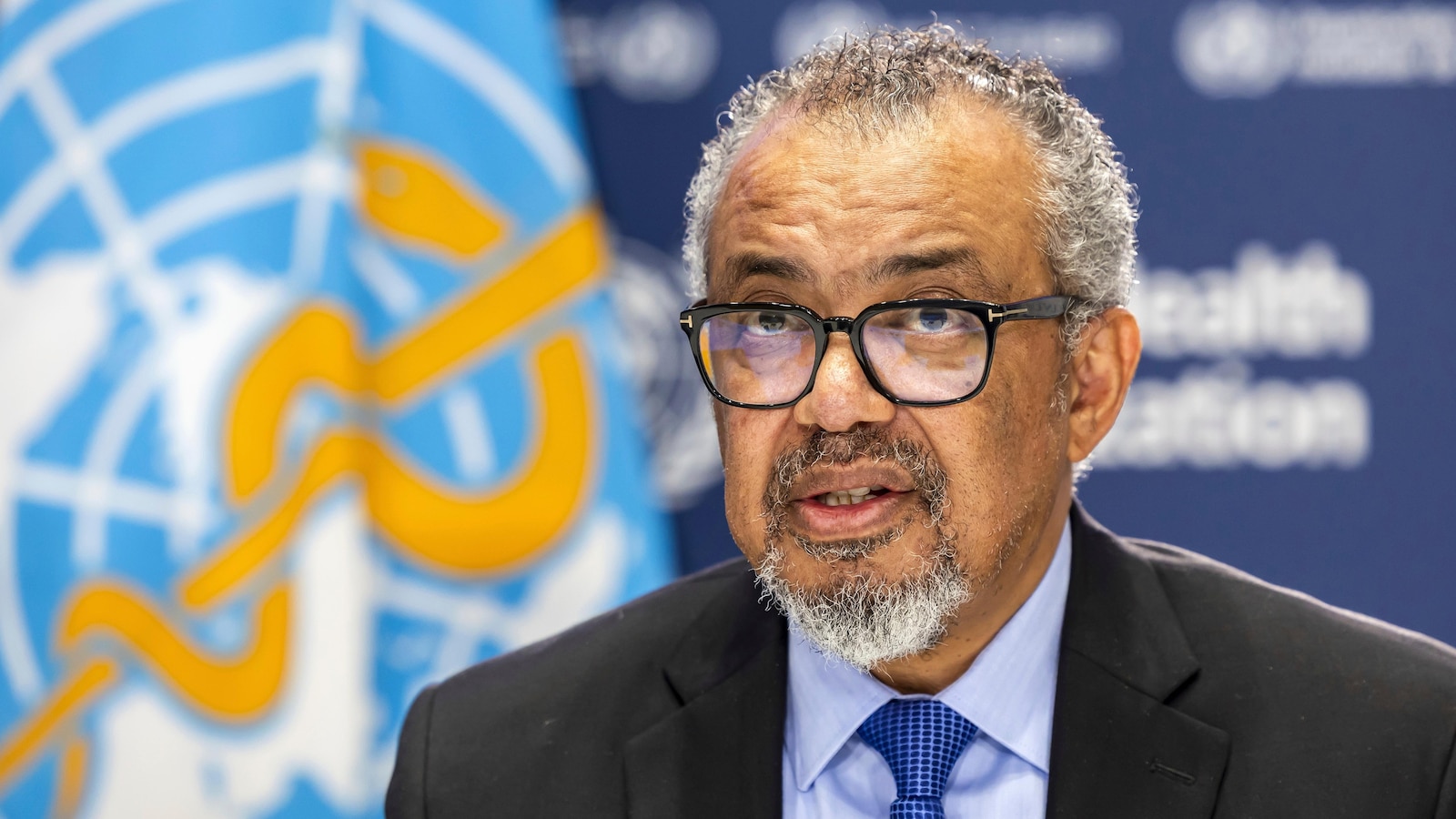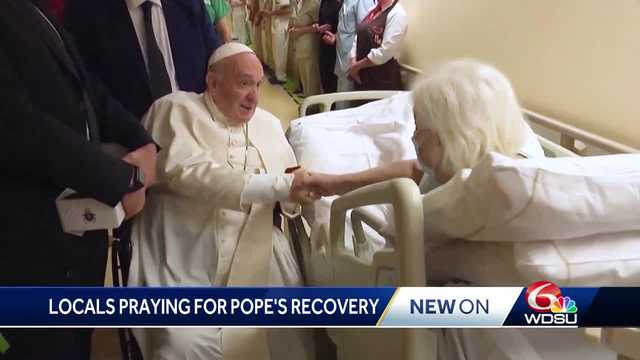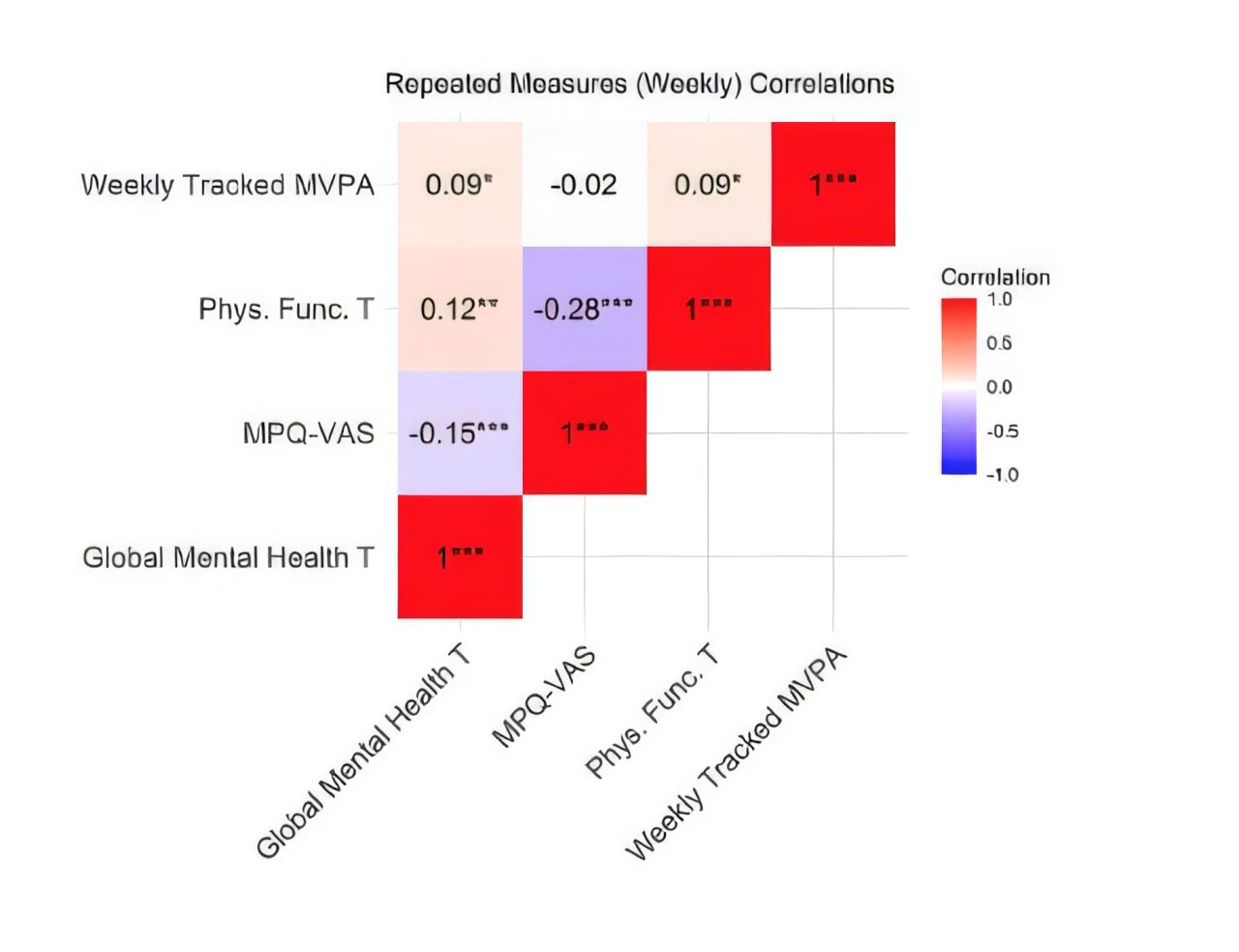Mpox Crisis Subsides: WHO Declares Global Health Emergency Over in Africa

In a significant development, the World Health Organization (WHO) has officially declared an end to the international health emergency status of the mpox outbreak across Africa. This announcement marks a pivotal moment in the global health community's efforts to control and manage the viral disease that has been a source of concern in recent years.
The decision comes after careful assessment of the current epidemiological situation, indicating a substantial improvement in the outbreak's trajectory. Health experts have been closely monitoring the spread and impact of mpox, and this declaration reflects the progress made in containing and mitigating the virus's spread.
While the emergency status has been lifted, health authorities continue to emphasize the importance of vigilance and ongoing preventive measures. The WHO's announcement does not suggest that the threat has completely disappeared, but rather that the outbreak has been brought under more effective control through coordinated global health interventions.
This update provides a sense of relief for many African countries that have been at the forefront of battling the mpox outbreak, signaling a potential return to normalcy and reduced strain on healthcare systems.








